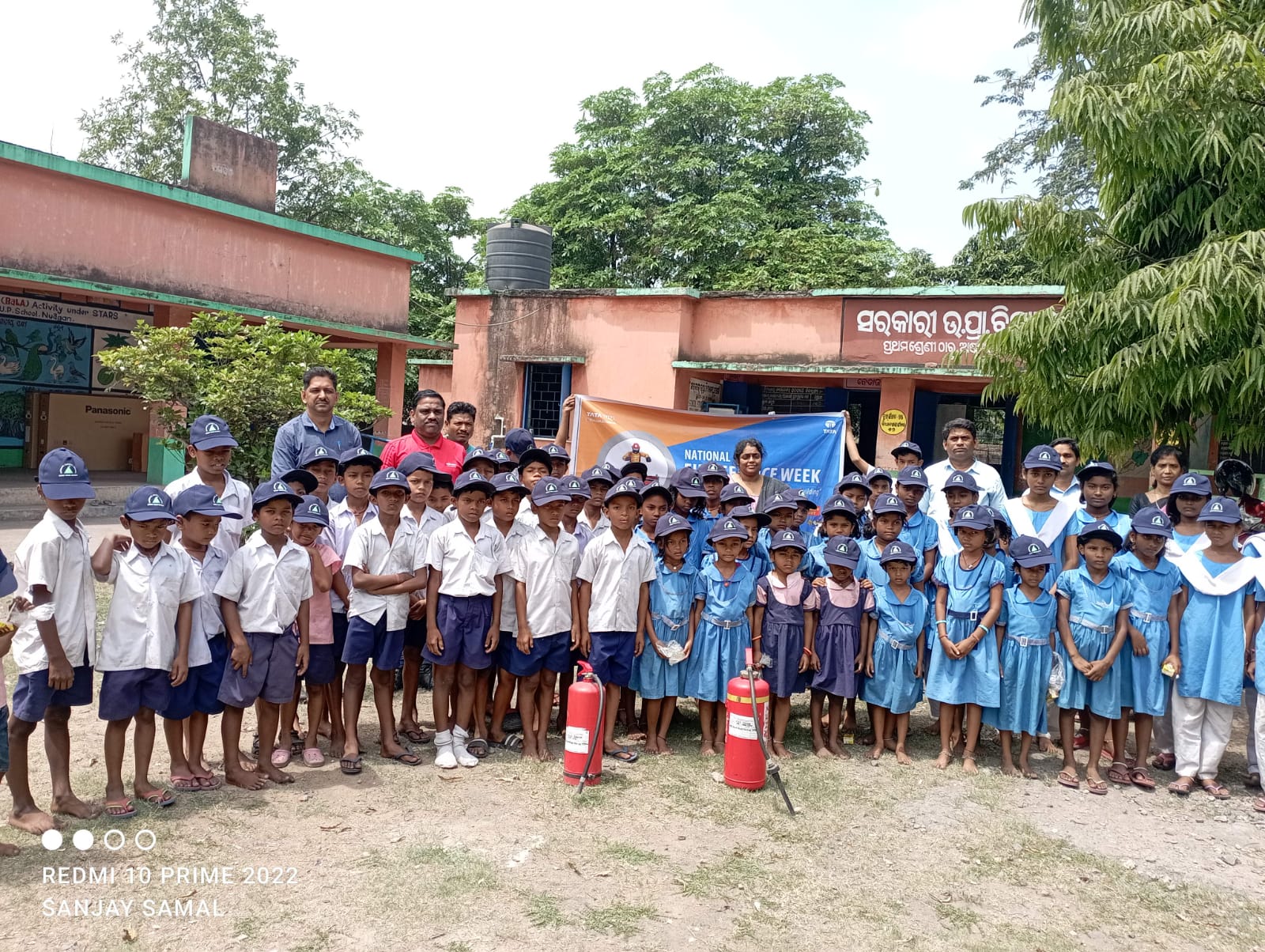UN report hails Alwar-based NGO’s low-cost water conservation model
By Times of India
March 23, 2018
.jpg)
Making a departure from human-built, or grey, infrastructure to improve water management, the United Nations World Water Development Report (WWDR) released on Monday highlighted Alwar-based Tarun Bharat Sangh’s low-cost, community-led approach not only for conserving water but also improving socio-economic conditions of the rural populace.
The report that focused on nature-based solutions (NBS) found Tarun Bharat Sangh’s (TBS) model as an excellent example of an indigenous knowledge embracing greener approaches and improving both groundwater recharge and surface water availability through combining the management of soil, vegetation and structural (physical) interventions.
TBS is an NGO run by Rajendra Singh, popularly known as ‘Water Man of India’.
“This is not merely a ‘good idea’ (which of course it is), but an essential step to ensuring the long-term sustainability of water resources and of the multitude of benefits that water provides; from food and energy security to human health and sustainable socio-economic development,” the report added.
Rajasthan is the second state after Punjab where the exploitation of ground water has reached alarming levels. Out of the 248 blocks in the desert state, 164 have been classified as over-exploited, while 34 have been notified as dark zones, meaning extraction of water can only be allowed for drinking purposes.
In a research paper on “Community-based groundwater and ecosystem restoration in semi-arid north Rajasthan’ published in 2015, Prof Mark Everard, University of the West of England, had said that TBS-led initiatives rebuilt traditional village governance structures and participation in community-designed and maintained water harvesting structures (WHSs), which were efficient both economically and in technical design using indigenous knowledge.
While confirming the claims that the small-scale water harvesting structures brought water back to 1,000 drought-stricken villages, Everard wrote enhanced seasonal groundwater recharge enabled by WHSs regenerated aquatic, farmed and natural ecosystems, underpinning a positive cycle of interdependent social and economic regeneration.
Despite the multiple benefits of NBS, there are still many cases where water resources policy and management ignore NBS options – even where they are obvious and proven to be efficient, the report said.
“Upscaling NBS will be central to achieving the 2030 Agenda for Sustainable Development. Sustainable water security will not be achieved through business-as-usual approaches. NBS work with nature instead of against it, and thereby provide an essential means to move beyond business-as-usual to escalate social, economic and hydrological efficiency gains in water resources management,” the report added.
The global demand for water has been increasing at an annual rate of about 1% driven by population growth, economic development and changing consumption patterns and it will continue to grow significantly over the next two decades.
“Industrial and domestic demand for water will increase much faster than agricultural demand, although agriculture will remain the largest overall user. The vast majority of the growing demand for water will occur in countries with developing or emerging economies,” revealed the report.
© Renalysis Consultants Pvt Ltd







.jpeg)

